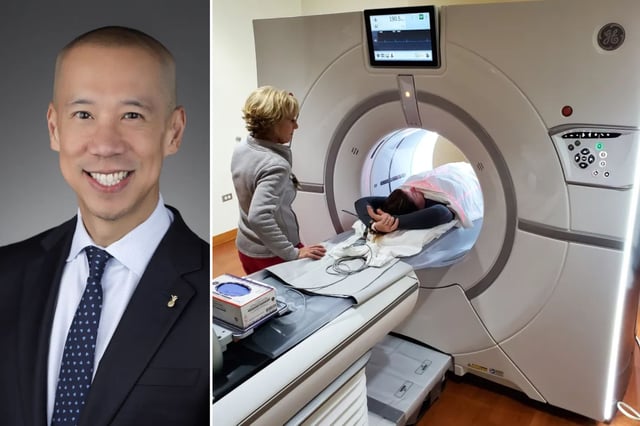Overview
- The scan measures calcified plaque and produces a score from 0 to 400+, with higher values indicating greater near-term risk.
- Scores of 100–300 signal moderate plaque, while results above 300 point to extensive buildup and elevated severe disease risk.
- Clinicians say it is most helpful for people without diagnosed heart disease when overall risk or statin need is uncertain, including those with a family history.
- The test typically takes 10–15 minutes in a CT scanner and may lead to lifestyle changes, medications, or further evaluation based on the result.
- Most patients pay $100 to $400 out of pocket because coverage varies, and the scan is not advised during pregnancy or for people already at high risk.

